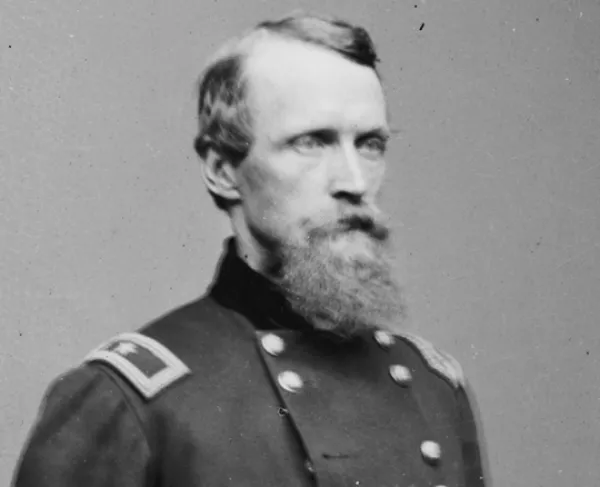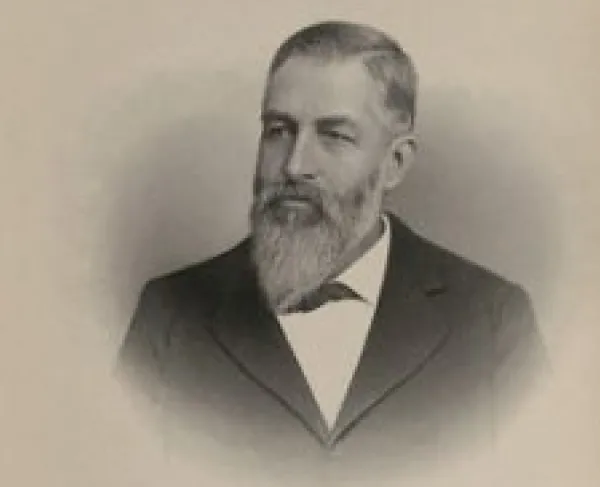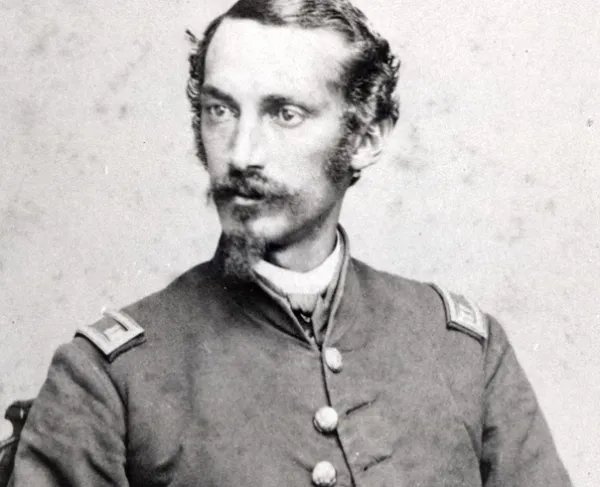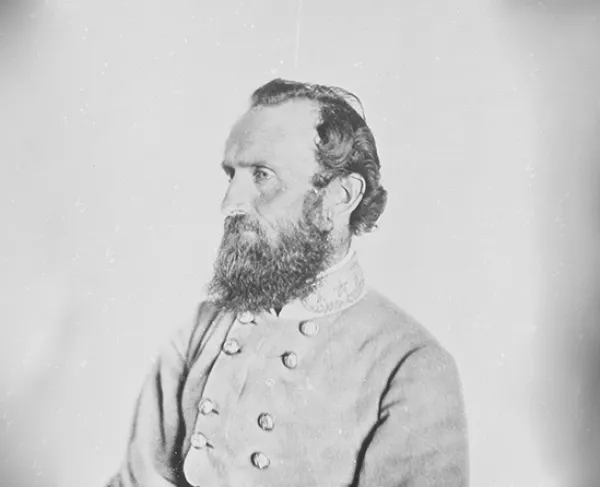David B. Birney

David Bell Birney was born on May 29, 1825, in Huntsville, Alabama. Birney’s father, James G. Birney was a leader of the abolition movement in Alabama. In 1838, Birney and his family moved to Cincinnati, Ohio, to escape from threats made to their family in Alabama. After Birney finished his education from Philips Academy in Andover, Massachusetts, Birney became a lawyer in Philadelphia, Pennsylvania, from 1856 to 1861. During his time as a lawyer, Birney studied different facets of the military as a hobby, unbeknownst to him this would put him at a greater advantage than other volunteer officers like himself.
In 1861, Birney was appointed to the position of lieutenant colonel of the 23rd Pennsylvania Infantry "Birney's Zouaves." The regiment was originally only meant to be a three-month regiment. When the regiment became a three-year service regiment, Birney was promoted to colonel. On February 17, 1862, Birney was promoted to brigadier general. Birney’s first major engagement of the war was during the Peninsula Campaign in which he led a brigade in General Philip Kearny’s division of the III Corps. After the campaign, he was court-martialed and acquitted of supposedly disobeying orders given by III Corps commander General Samuel P. Heintzelman at the Battle of Fair Oaks/Seven Pines. After he was acquitted, Birney reassumed command of his brigade and served at the Battle of Second Manassas. After the death of Philip Kearny, Birney assumed command of Kearny's division. At the Battle of Fredericksburg, Birney's men saw action at the Slaughter Pen Farm and Prospect Hill. On May 20, 1863, Birney was promoted to major general for his actions at the Battle of Chancellorsville. Birney fought at the Battle of Gettysburg and led the III Corps after III Corps commander General Daniel Sickles was wounded. By May of 1864, Birney was at the head of a division in the Union II Corps and served in the Overland Campaign. Birney was noted for his bravery in battle in the Wilderness, as well as at Spotsylvania Court House. Birney received minor injuries from a shell fragment at the battle of Spotsylvania Court House. On July 23, 1864, Birney was selected by Ulysses S. Grant to lead the X Corps.
During the Siege of Petersburg, Birney became gravely ill. At first, Birney claimed that the issue would not affect his performance in battle. By mid-September, however, Birney’s condition worsened to the point where he could not function. On October 7, 1864, Birney was transported by ambulance back to Philadelphia to recover. When in Philadelphia, the doctors diagnosed Birney with typhomalaria, or Typhoid Fever. On October 18, 1864, David Bell Birney passed away from his illness. He is buried in Woodlands Cemetery in Philadelphia.
Related Battles
17,304
13,460





